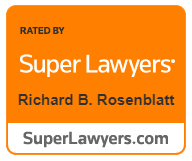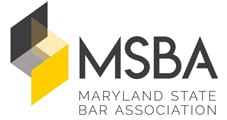Recognizing the signs of a foreclosure scam helps homeowners facing financial difficulties and potential foreclosure proceedings. Scammers often prey on vulnerable individuals. They may do so by offering false promises of foreclosure prevention or relief in exchange for upfront fees or personal information.
By understanding the common tactics used in foreclosure scams, homeowners can protect themselves from fraudulent schemes.
Pressure to act
A common sign of a foreclosure scam is pressure tactics. Scammers may use high-pressure sales tactics to save the home from foreclosure. For example, they might insist on immediate action or claim that time is running out. Homeowners should question anyone who pressures them to sign documents. They should also be wary of anyone who urges them to make payments without providing enough time to review the terms.
Upfront fees or payment requests
Another red flag indicating a foreclosure scam is the demand for upfront fees or payments. Scammers may ask for upfront fees in exchange for promises of foreclosure prevention, loan modification assistance or debt relief. Legitimate housing counselors and foreclosure prevention agencies do not charge upfront fees for their services. Homeowners should be cautious of any requests for payment before receiving assistance or seeing results.
Unrealistic promises
Foreclosure scams often involve unrealistic promises of guaranteed results. Scammers may claim to have special relationships with lenders or government agencies, offering to stop foreclosure proceedings or secure favorable loan modifications. Homeowners should exercise caution if they encounter promises of guaranteed foreclosure prevention or debt elimination without an explanation of the process or potential risks.
By recognizing these signs, homeowners can avoid scams and seek legitimate assistance from reputable sources. Staying cautious helps homeowners navigate challenging financial situations with confidence and avoid scams that could further exacerbate their housing woes.






